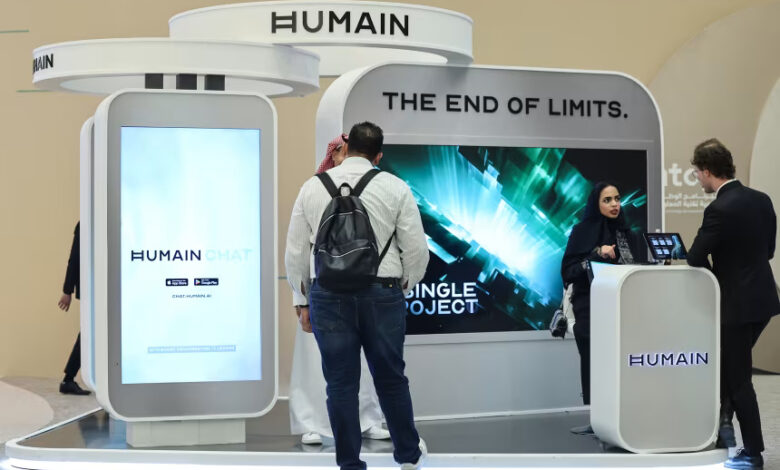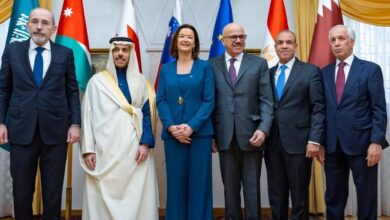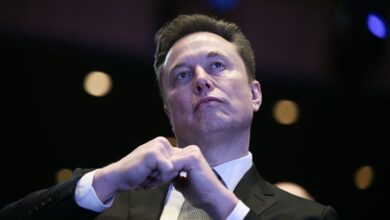
Saudi Arabia is turning its oil wealth toward its massive AI ambitions.
Its chief investment vehicle is Humain, a homegrown company that is building out a full stack of data centers, cloud capabilities, large language models and applications. It’s owned by the Kingdom’s nearly $1 trillion sovereign wealth fund.
Crown Prince Mohammad bin Salman unveiled Humain in May ahead of President Donald Trump’s state visit to Riyadh. This week, at the annual Future Investment Initiative in the same location, the scale, ambition and deep pockets behind the project came into clearer focus.
Humain CEO, Tareq Amin, is setting out to make Saudi Arabia the world’s third-largest AI market, after the United States and China. It’s a bold ambition for a newcomer to the industry, but Amin argues the Kingdom’s competitive edge lies in its abundant and cheap energy resources that can feed the seemingly insatiable demand for computing power.
“We have an advantage in Saudi Arabia,” he told CNN’s Becky Anderson. “Look at this country’s amazing energy grid that doesn’t require a company like Humain to build the substations and the power to deliver that to a data center. That means I have saved 18 months of time.”
Humain plans to build up to six gigawatts in data center capability across the country by 2034, with a rolodex of key AI partners, including Nvidia, AMD, Amazon Web Services, Qualcomm and Cisco.
On Tuesday, Humain announced a $3 billion deal with private equity giant Blackstone to build data centers in the Kingdom.
It also publicly launched Humain One, an AI-powered operating system where users speak or type to a computer to tell it to perform tasks, rather than clicking on icons, as is conventional in systems like Windows or iOS.
Humain has been using the AI system internally to run much of its HR, finance, legal, operational and IT departments. Amin says there is now only one employee in his payroll department, with AI agents handling the rest.
The Kingdom is entering the closing stretch of its Vision 2030 economic transformation plan facing headwinds from declining oil prices and delays in its construction of giga-projects like Neom, placing new urgency on its AI push to support the growth of the Arab world’s largest economy.
It also faces competition from the neighboring United Arab Emirates, which has its own AI vehicle, G42, and recently secured a landmark deal with the Trump administration to build “Stargate UAE,” a sprawling $500 billion data center project billed as the largest outside the United States, with the help of OpenAI, Oracle, Nvidia and Cisco.
Asked whether there’s room for two regional heavyweights, Amin said he supports democratizing AI, while touting Humain’s robust operations.
“It is good for humanity to have knowledge — especially around AI — not to be all centralized in one location. So it’s good what is happening in the UAE. It’s very good what’s happening in Saudi Arabia,” he said. “I will tell you what we decided to do, which is very different … Humane is not a holding company. We are an operating company.”




